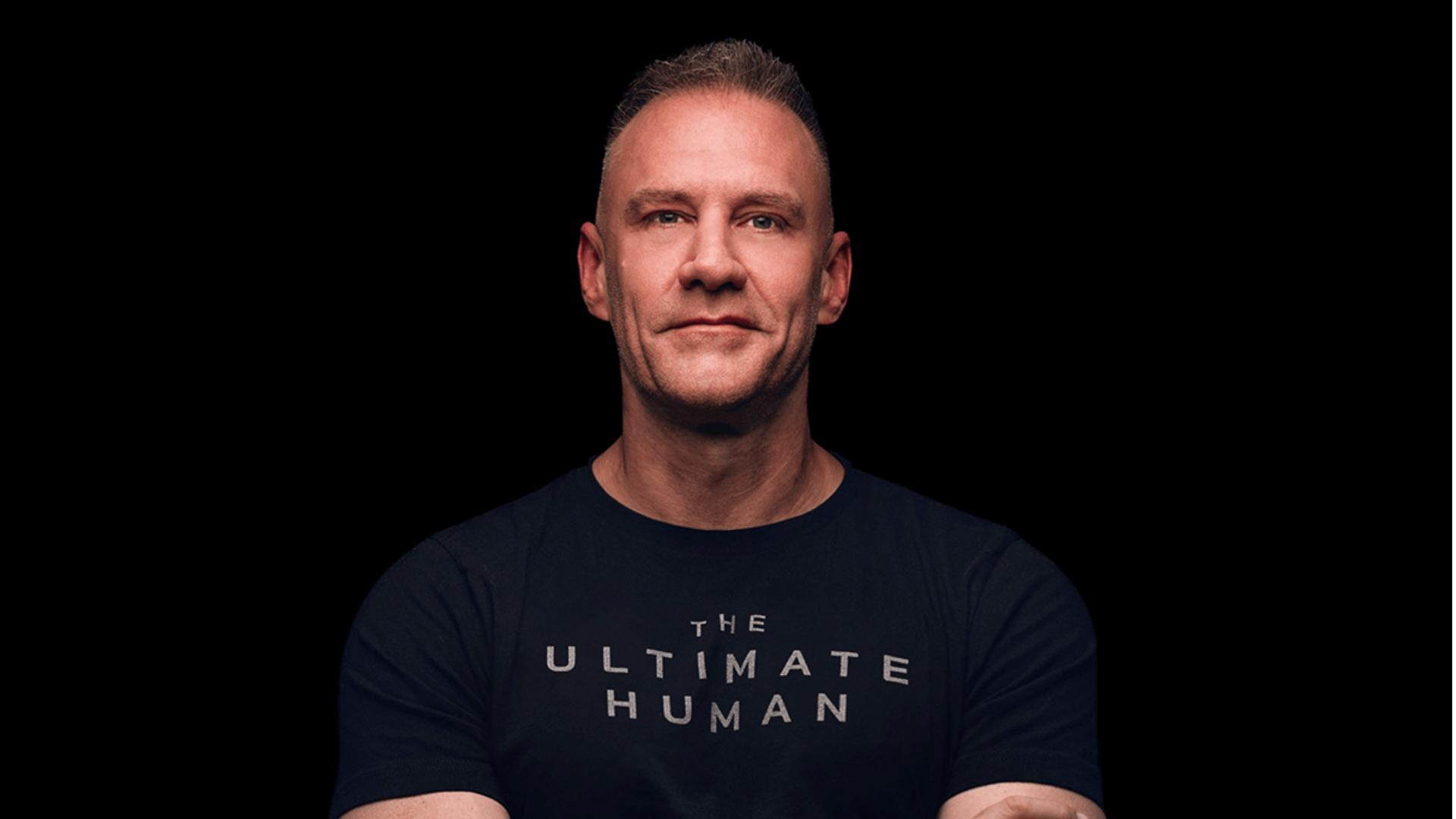
AI could help you live 150 years, says longevity expert
What's the story
Renowned human biologist Gary Brecka predicts that lifespans exceeding 150 years will soon become "inevitable," driven largely by advances in artificial intelligence and deeply personalized, data-based health interventions. He made the bold assertion during an interview with Sean Hannity on Fox Nation's podcast. Brecka, who specializes in optimizing human performance and longevity, said that if you're alive in five years, you will have the choice of living up to 120-150 years.
Technological advancements
AI and big data are already laying the groundwork
Brecka emphasized that modern bioscience, artificial intelligence (AI), and early detection are advancing rapidly. He believes these fields are already laying the groundwork for significant life extension. "Big data doesn't lie," he said, adding that AI can process massive amounts of data—700 trillion independent variables—and produce actionable results. This could lead to a future where people could control their own lifespan with the help of AI and big data.
Health transformation
Brecka has worked with elite athletes and celebrities
Brecka has worked with elite athletes and celebrities, including UFC President Dana White. He has helped them improve their healthspan and reverse serious health problems through custom, data-driven protocols. In White's case, Brecka was able to extend his projected lifespan from just 10 years to nearly 40 by reversing metabolic syndrome—a cluster of conditions that increase the risk for heart attack or type 2 diabetes.
Lifestyle overhaul
White's complete lifestyle overhaul
Beyond technological interventions, Brecka highlights the significance of human connection in extending life. He identifies social bonds as a key, yet often overlooked, factor in longevity. This perspective underscores the multifaceted approach required for life extension, combining technological advancements with emotional and social well-being. He advocates for early detection and individualized interventions to optimize health outcomes. As technologies like AI evolve, the prospect of significantly extended lifespans may transition from theoretical to attainable.